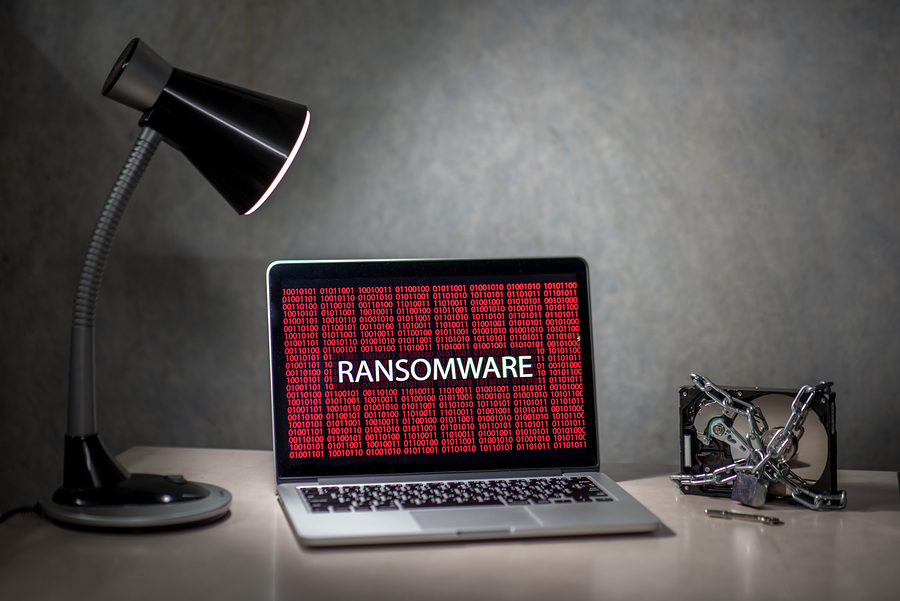The weekend of May 12 to May 14 was a scary time for internet users all over the world. Starting Friday afternoon and continuing through the weekend, hundreds of thousands of computers were being hacked by malware called “WannaCry.” Individuals and businesses were in a frenzy trying to figure out the cause, and more importantly, how to stop it. WannaCry is classified as a ransomware virus. Ransomware takes over a user’s computer and blocks access to files, then it requires the computer owner to pay a ransom to access their own data.
This all begs the question – are you prepared? While the cyber landscape is constantly changing, it is better to be prepared to try to prevent an attack, than be unprepared and have to recover from an attack. Here are three ways that you can prepare:
- Update Your Software Regularly: WannaCry is a virus that affects the Windows operating system. It targets out-of-date versions of Microsoft’s software that have not been updated. The best way to prevent WannaCry and other types of malware from infecting your computer is to make sure you have the latest security patches and updates from Microsoft or your operating system of choice. WannaCry hasn’t been reported by Apple users, but viruses on Apple computers have been on the rise in recent years, so updating your Apple operating system is also important.
- Use Caution: Users can protect their computers by exercising caution when deciding to open a link or an attachment in email. Hackers are becoming more and more sophisticated in sending emails. They are now able to mask their email address with an address that may look familiar to you. For example, you may have an email in your inbox that appears to be from your bank asking you to hurry and click the link to change your password to protect your account. When you click on the link, you are actually opening the door for the virus to infect your computer instead of changing your password. Most cyber security professionals will caution you to “hover” your cursor over the sender’s email address. This will reveal the senders actual email address and should show up in a box or bubble on your computer screen. The same thing will happen if you hover over a link in an email. Any time you click a link in an email, make sure you hover over it beforehand to see if you are headed to the right destination. If not, delete the email and move on.
- Backup Your Data: Another preventative measure you can take, especially for ransomware, is to back up your computer data in multiple ways. You can use the cloud, a hard drive, or another computer for this function. If your computer is compromised, you will be able to erase the hard drive, clearing the virus and restoring your computer. Unfortunately, many individual users do not have their data backed up at all. Many cyber security experts recommend that users do not pay the ransom demanded by these viruses because there is no guarantee that the virus will give your files back.
These are three easy steps that you can implement to help protect yourself from ransomware and other cyber-attacks. To recap, make sure your computer software is fully updated to the latest version, carefully select what emails you open and what links you click, and back up your data in more than one place. By doing these simple steps you are helping to prepare for when the next cyber threat comes knocking.
CCMI provides personalized fee-only financial planning and investment management services to business owners, professionals, individuals and families in San Diego and throughout the country. CCMI has a team of CERTIFIED FINANCIAL PLANNERTM professionals who act as fiduciaries, which means our clients’ interests always come first.
How can we help you?





